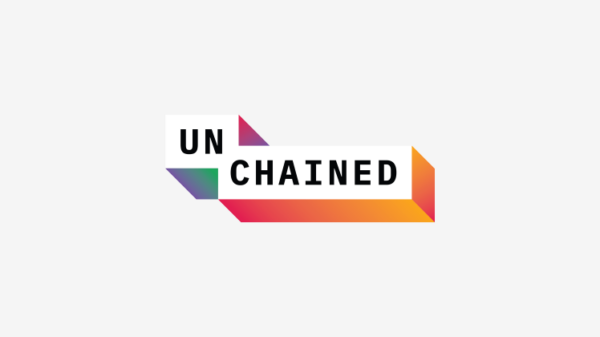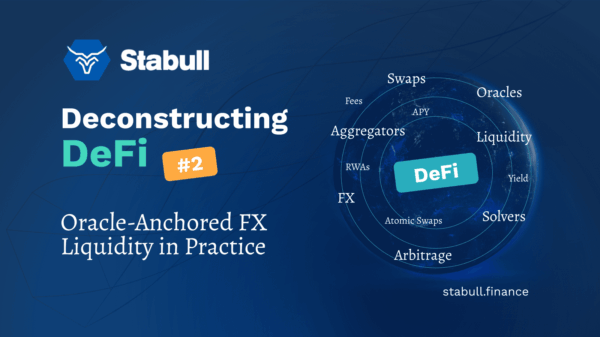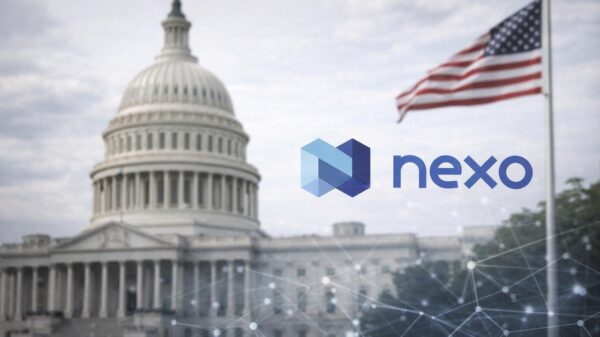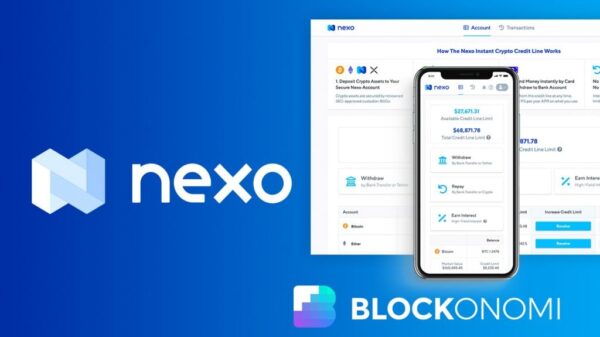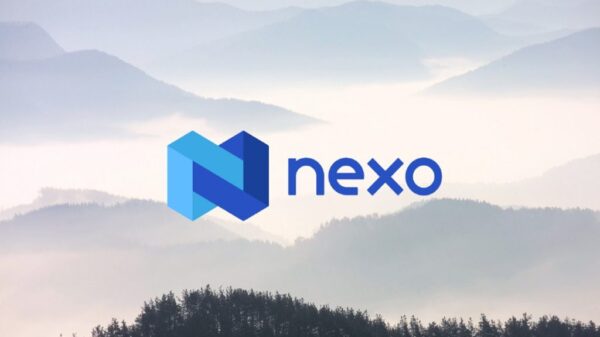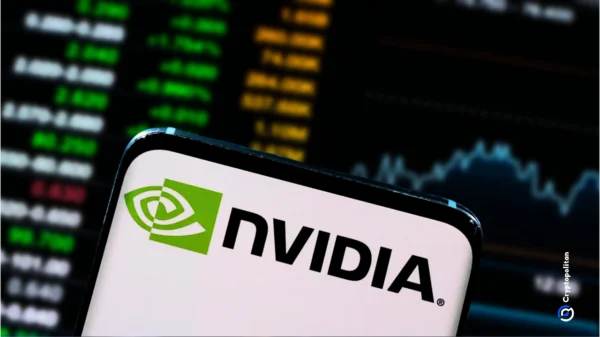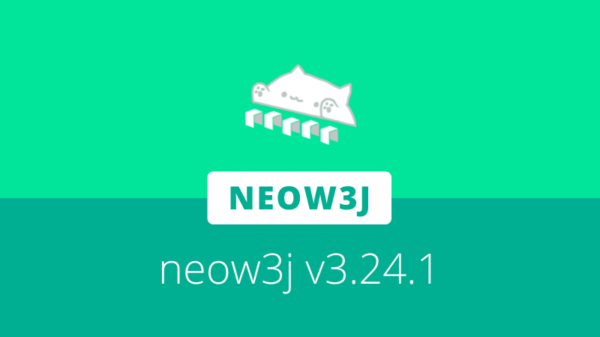Franklin Templeton has announced a strategic partnership with the Canton Network, integrating its Benji tokenization platform. This collaboration aims to improve institutional access to regulated onchain assets, specifically its US government money market fund. By bridging traditional finance with blockchain technology, this integration enhances the use of tokenized assets as collateral, thereby increasing liquidity in digital markets.
The Benji platform represents a significant advancement in Franklin Templeton”s proprietary technology, which now connects seamlessly with the specialized Canton Network. This connection allows for efficient management of tokenized assets, with a focus on secure collateral and settlement processes that are vital for regulated financial institutions.
Currently, the market for tokenized real-world assets (RWAs) has reached $36.6 billion, not including stablecoins, with institutional funds accounting for approximately $3 billion, according to industry data. The integration of the Benji platform with the Canton Network not only enriches the offerings available to institutional investors but also facilitates the use of these assets for collateral within the Canton ecosystem. This partnership was officially announced in late 2025.
The Canton Network, designed to link banks, market makers, and asset managers, focuses on the tokenization and mobilization of assets for collateral management. Supported by banking giants like HSBC and BNP Paribas, the network emphasizes compliance and interoperability, crucial for the evolving landscape of digital finance. Recent funding of $135 million for Digital Asset, the developer of Canton, aims to enhance its infrastructure, positioning it as a pivotal player in merging traditional and digital finance.
The benefits of tokenization for institutional investors are substantial. By transforming real-world assets into digital tokens on a blockchain, institutions can experience accelerated settlement times and lower costs. For example, Franklin Templeton“s Benji tokens enable real-time yield tracking, in contrast to traditional funds that typically process yield data on a daily basis. The tokenized RWA market”s expansion is significant, with experts indicating that improved liquidity is a major advantage driving this trend.
Industry leaders, including Hashgraph CEO Eric Piscini, have noted that clearer regulations in key markets are propelling adoption, a trend mirrored by initiatives from major firms like BlackRock and Citi. Furthermore, Pharos CEO Alex Zhang highlighted the necessity for compliant infrastructure, underscoring that interoperable systems are vital for scaling tokenized finance.
The integration of Franklin Templeton“s Benji platform with the Canton Network supports collateral use across various network participants, fostering transparency through immutable records of all asset movements. Reports suggest that the potential for trillions of dollars in RWAs to transition onchain is considerable, driven by operational efficiencies and advancements in regulatory frameworks.
Key Features of Benji Tokens
The Benji tokens symbolize shares in Franklin Templeton”s onchain US government money market fund, facilitating intraday yield calculations and blockchain-verified ownership. Specifically designed for institutional use, these tokens can operate as collateral within networks like Canton, ensuring compliance with regulatory standards and smooth integration into digital financial processes.
Canton Network”s Role in Blockchain Adoption
The Canton Network is a privacy-enabled blockchain tailored for financial institutions. It connects various entities for asset tokenization and efficient settlement, with a regulatory focus that attracts major players such as HSBC. As Digital Asset continues to grow through its recent funding, it solidifies its role in bridging the gap between traditional and digital finance.
Conclusion
The collaboration between Franklin Templeton and the Canton Network signifies a crucial step forward in the tokenization of real-world assets, merging regulated investment products with a robust blockchain framework. As institutional adoption increases in a supportive regulatory environment, this partnership exemplifies the ongoing integration of traditional financial systems with digital innovation.











